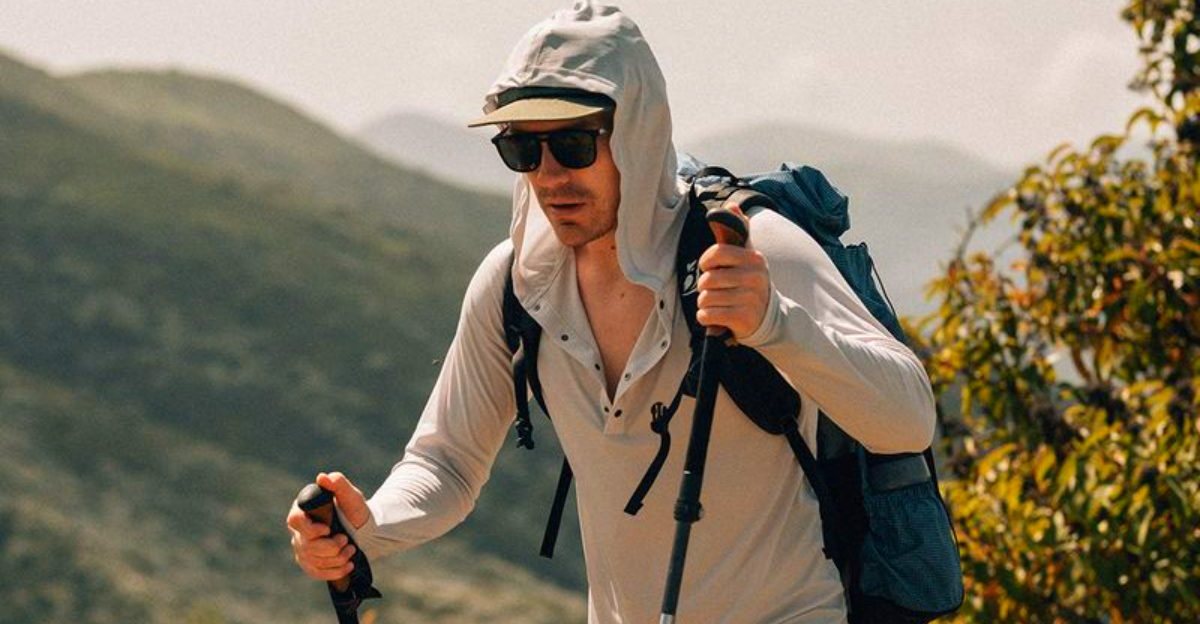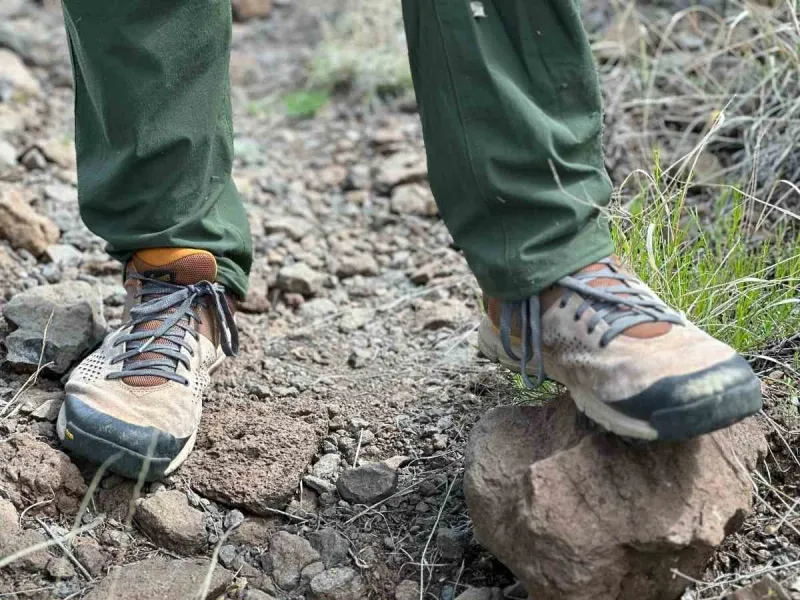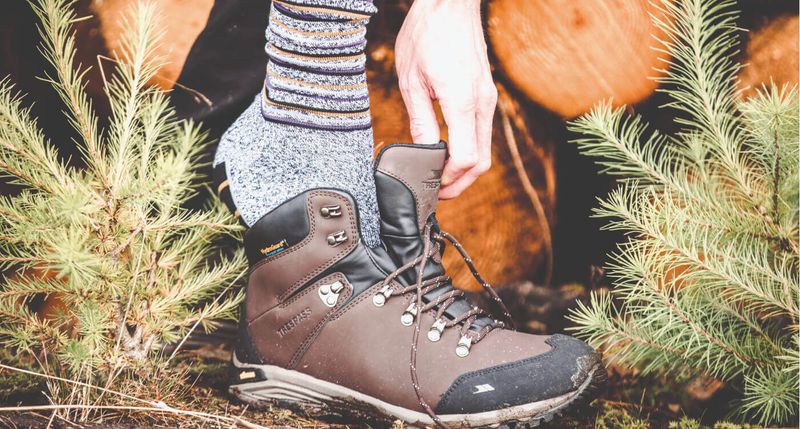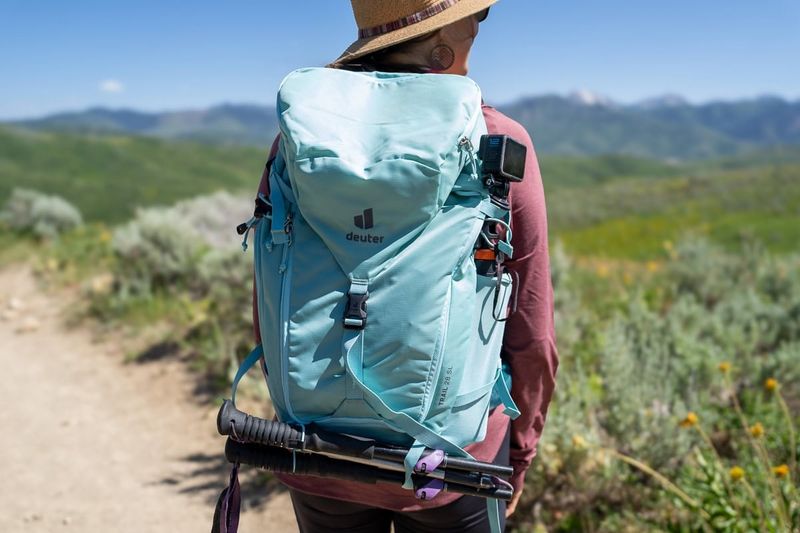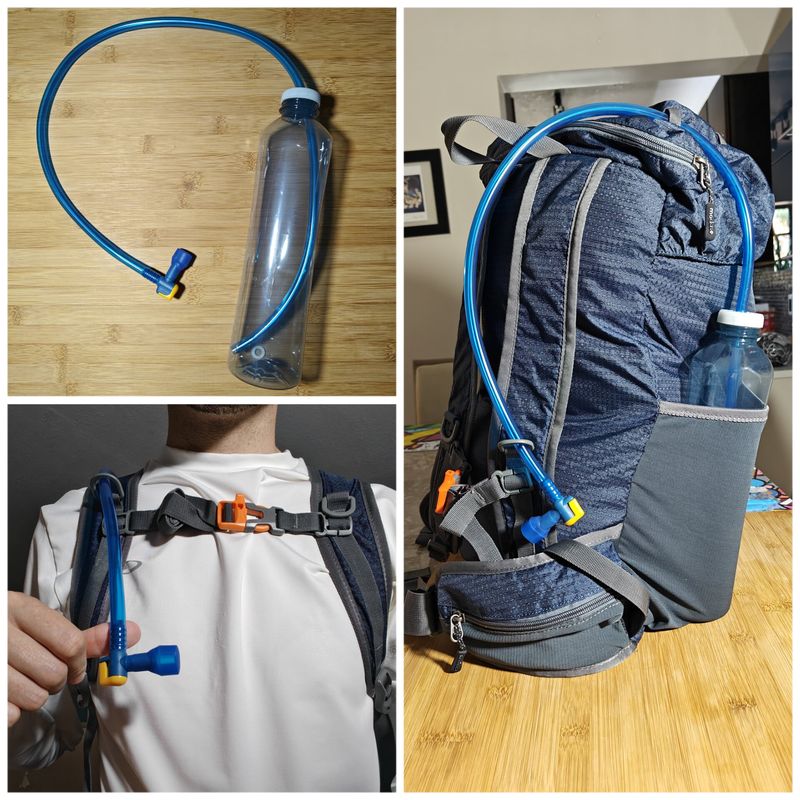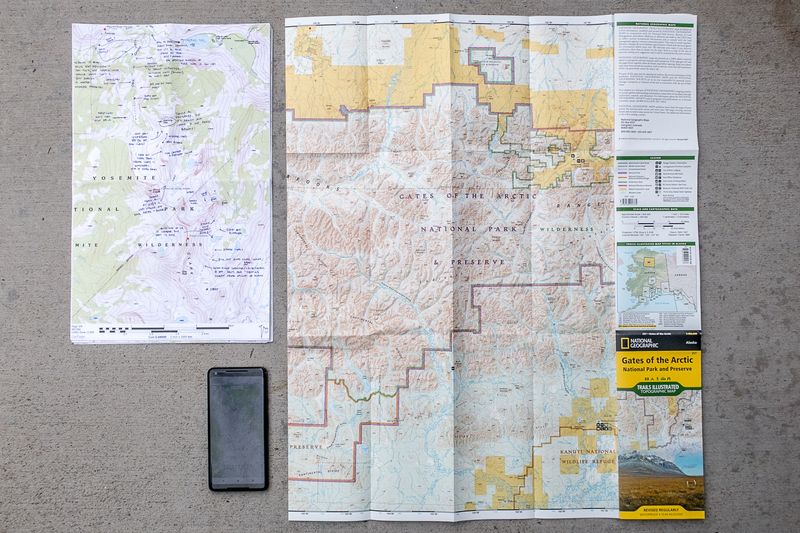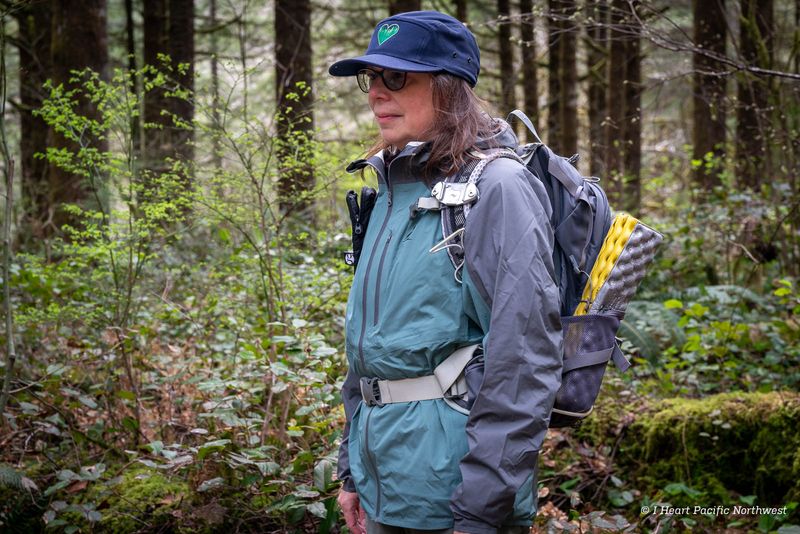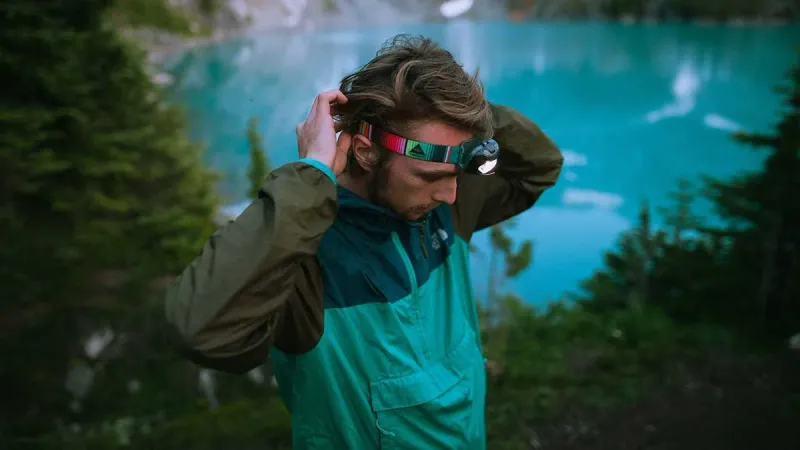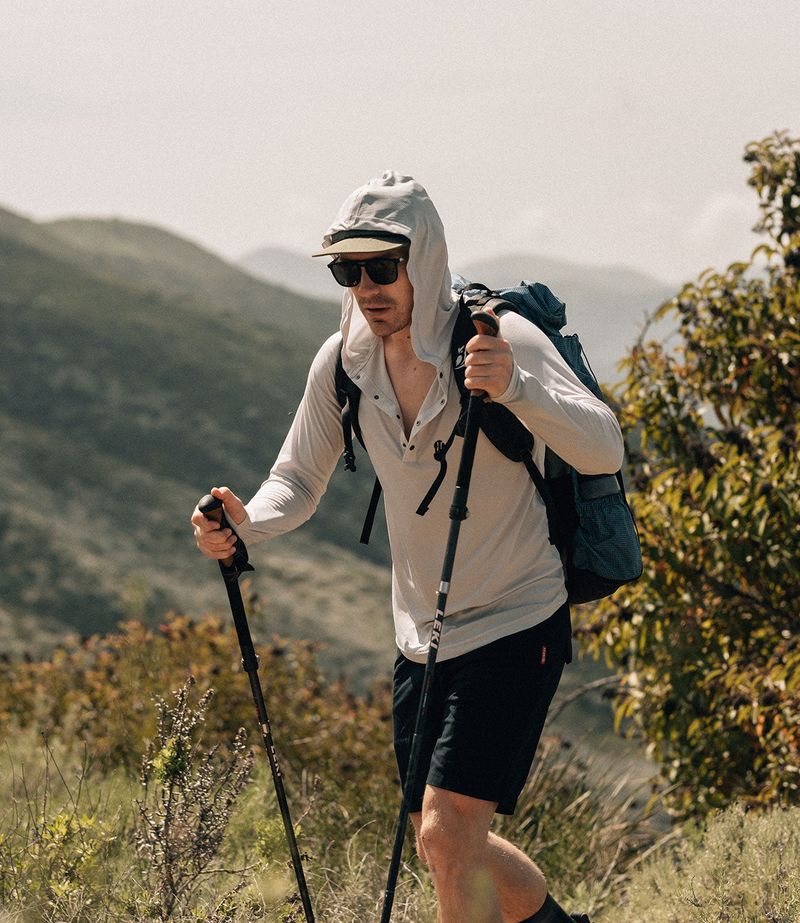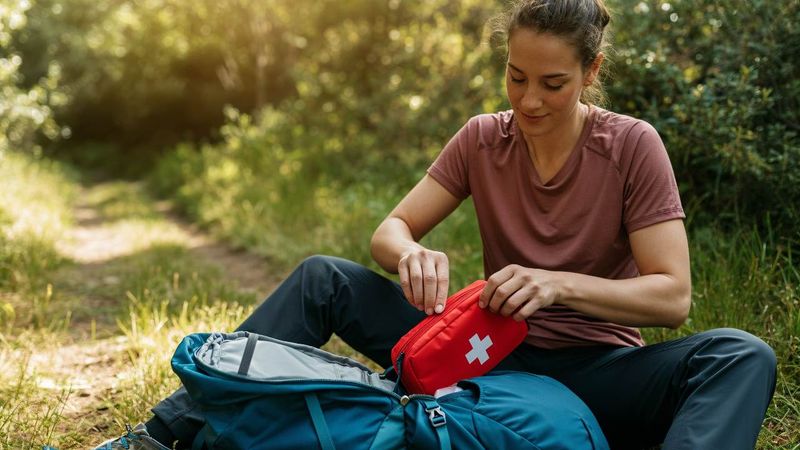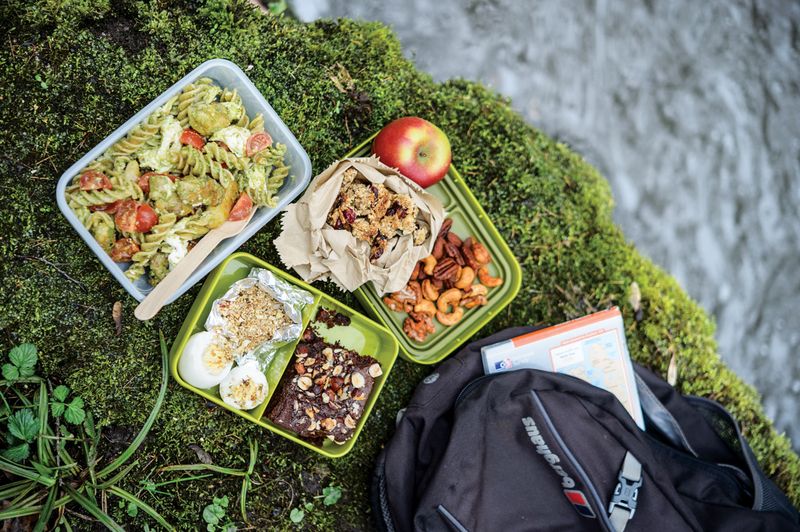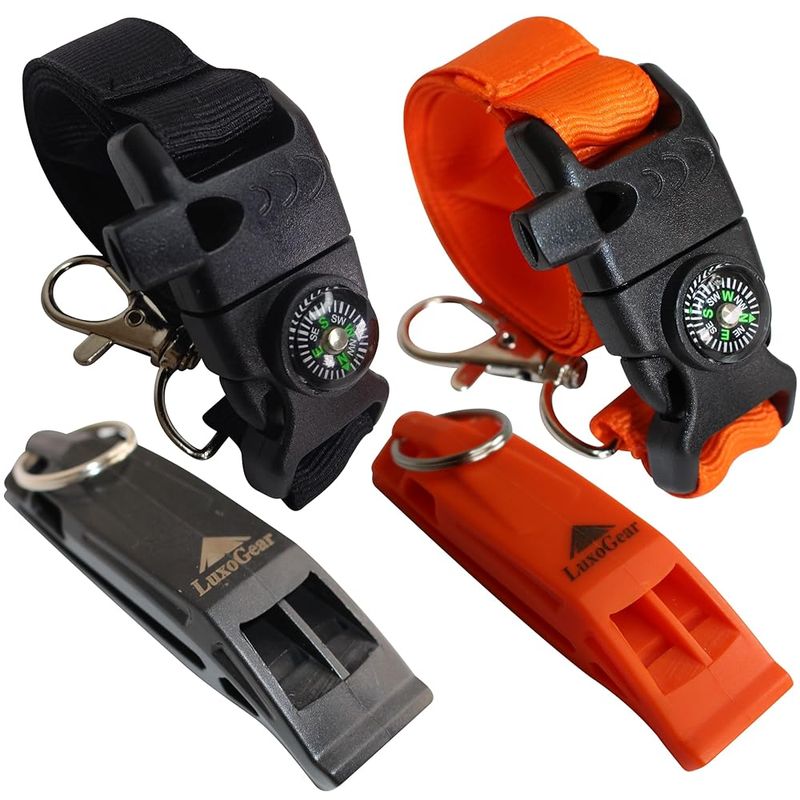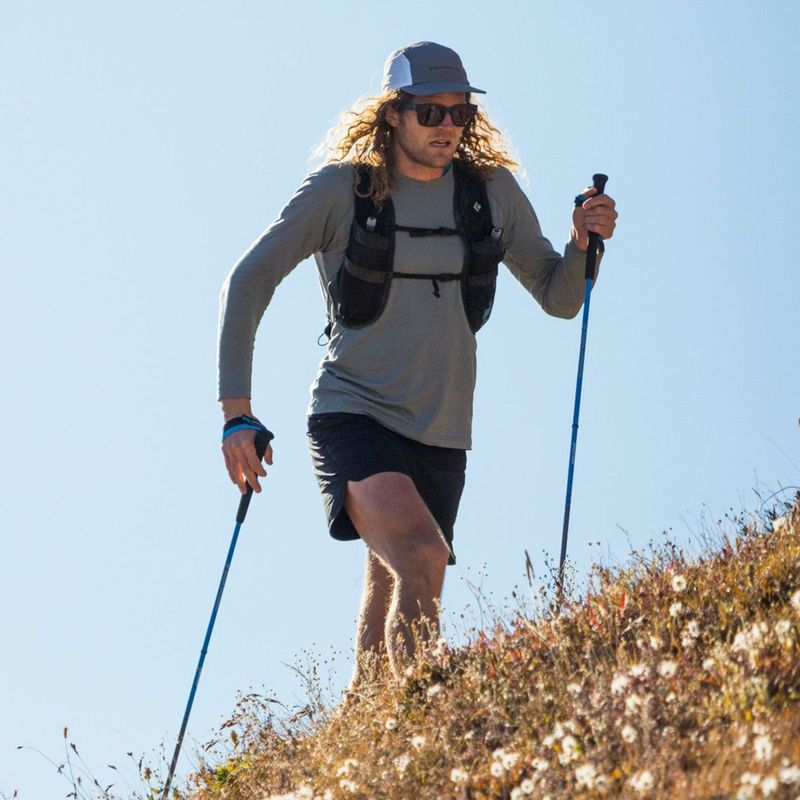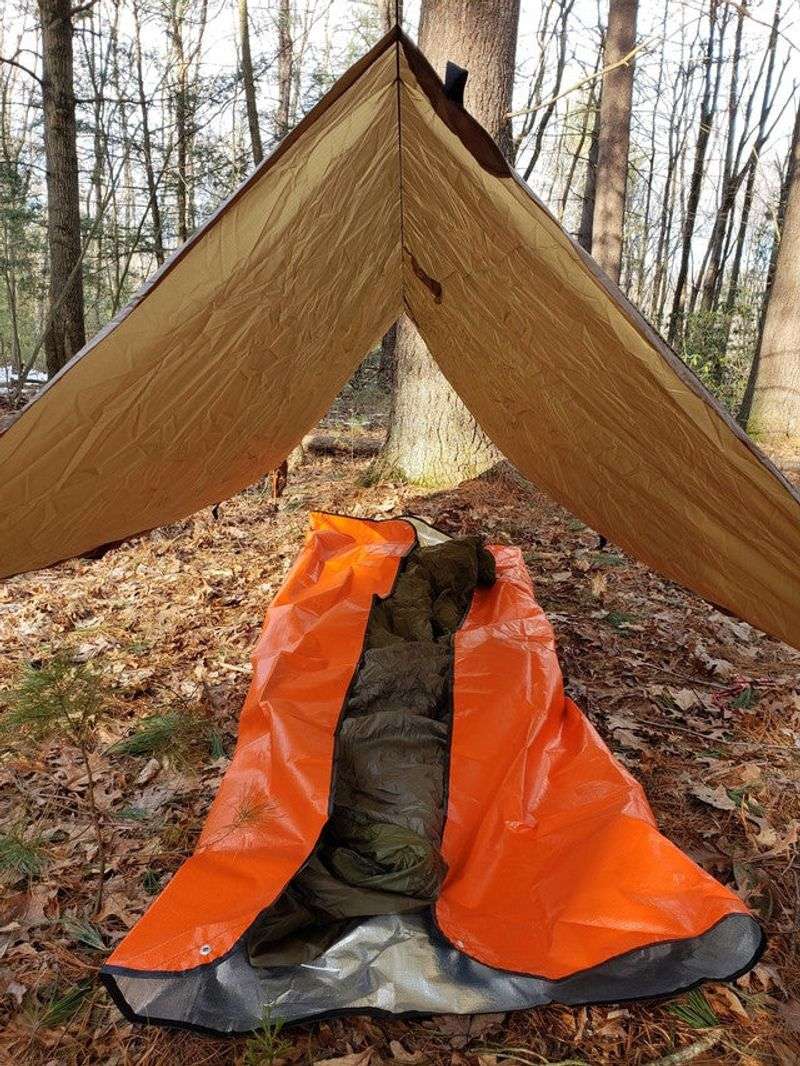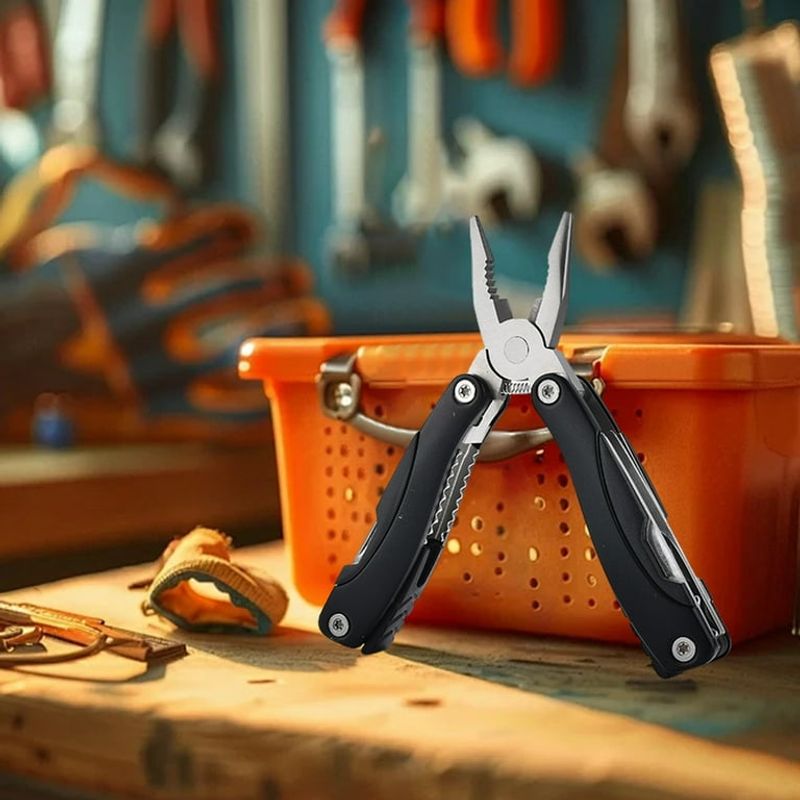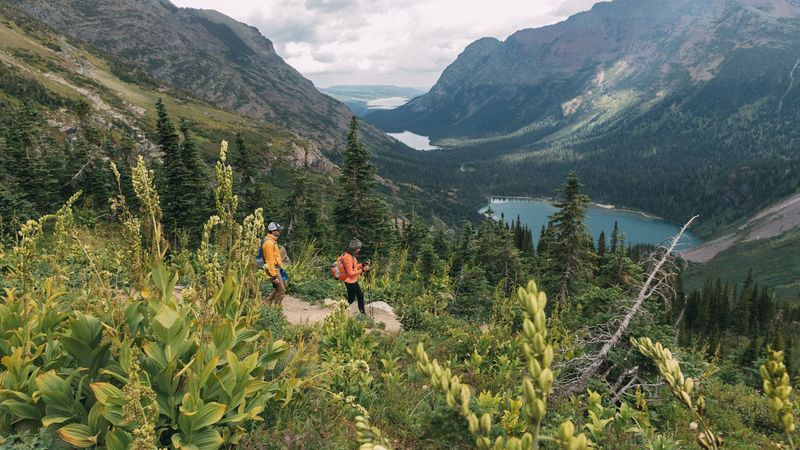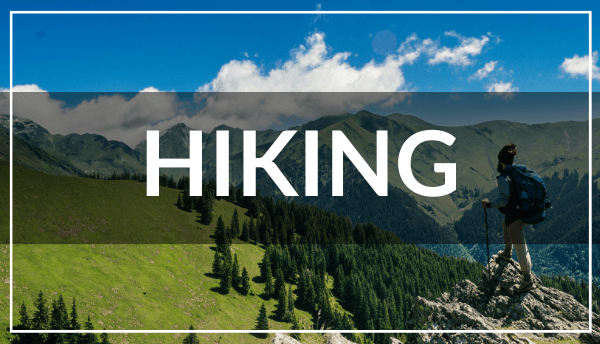Embarking on hiking adventures requires more than just enthusiasm; having the right gear is essential for safety and enjoyment. As a beginner, knowing what to pack can make all the difference. This guide provides 15 essential items every hiker needs on the trail, ensuring comfort, safety, and preparedness in varying conditions.
1. Footwear (buy first)
Your footwear is your trusty companion on any trail. Choose trail shoes for easy hikes or mid/high boots for rocky terrains. The fit is paramount, so try them later in the day when your feet are swollen. Ensure a thumb’s width in the toe box for descents. As REI suggests, opt for low/mid hiking shoes for smooth paths or sturdier boots for tricky terrains. Your feet will thank you for the thoughtful choice.
2. Hiking socks (buy with footwear)
The unsung heroes of comfort, hiking socks keep blisters at bay. Merino-blend socks, soft yet resilient, manage moisture better than cotton. They’re your feet’s best friend, especially on long hikes. Packing a spare dry pair ensures warmth and comfort when trails extend. A simple item, but one that transforms your hiking experience by keeping your feet dry and happy.
3. A daypack that actually fits
A daypack is more than a bag; it’s your mobile supply station. Choose one between 15–30 liters depending on the hike’s duration. A good fit with a comfortable harness can make or break your day. Imagine standing at a vista, your essentials easily accessible, and the weight perfectly distributed. Comfort and capacity are key, allowing you to focus on the adventure rather than the load.
4. Hydration system
Staying hydrated is non-negotiable. Whether you choose simple bottles or a reservoir, plan for 0.5 liters per hour of moderate hiking. For strenuous trails, up it to a liter. Being aware of your intake prevents dehydration and keeps you energized throughout your hike. Your hydration system is your lifeline on the trail.
5. Basic navigation (map/app + backup)
Navigating the wild requires more than intuition. Equip yourself with a reliable map or app that works offline and a trusty compass as backup. Imagine the thrill of exploration, knowing you can find your way back no matter what. Redundancy is your safe bet, ensuring you always have a way to navigate the trails. Embrace the adventure, but always be prepared.
6. Weather-smart clothing layers + a real rain shell
Adapting to weather changes is crucial for a comfortable hike. The classic layering system keeps you prepared. A moisture-wicking base, insulating mid-layer, and waterproof outer shell ensure you remain dry and comfortable. Be ready for any surprise the weather throws your way.
7. Headlamp (yes, even for day hikes)
As daylight fades, a headlamp becomes indispensable. Envision your path lit by the steady glow of a headlamp, guiding you safely. In the serene twilight, the confidence it provides is unmatched. Aim for one within the 200-400 lumen range, ensuring reliable runtime and comfort. It’s a small addition to your pack but a big boost to your safety and peace of mind.
8. Sun protection
The sun can be a relentless companion on the trail. Add UPF clothing, a hat, and sunglasses for complete protection. These steps ensure your skin remains healthy and sunburn-free, allowing you to enjoy the hike without the worry of overexposure.
9. First-aid mini-kit
Small yet mighty, a first-aid kit is essential for any hike. Imagine tending to minor cuts or blisters with ease, thanks to your well-stocked kit. It evolves with experience, but starts with basics like bandages, blister care, and antiseptic wipes. Keep it accessible, ready to handle the unexpected, so you can continue your adventure with confidence.
10. Food & emergency calories
Fueling your body keeps your energy up on the trails. Visualize savoring a trail mix as you take a break, your body replenished. Aim for 200-300 calories per hour of hiking. Packing extra ensures you’re prepared for longer excursions. This balance keeps you energized and ready to tackle the next segment of your hike, free from hunger pangs.
11. Whistle + fire starter (Tiny, important)
In emergencies, a whistle and fire starter are invaluable. Imagine the security of knowing you can signal for help or start a fire if needed. Lightweight and compact, these tools are part of the essential safety kit. They bring peace of mind, ensuring you’re ready to face the unexpected challenges the wilderness might present.
12. Trekking poles (optional but great)
Taking the strain off your knees, trekking poles are like extra limbs. Picture yourself striding confidently down a steep path, poles in hand, stabilizing your every step. Adjustable models cater to different terrains, reducing fatigue and enhancing balance. They’re an optional yet highly beneficial addition, making every hike a more enjoyable experience.
13. Ultralight emergency shelter
An emergency shelter is your safeguard against unexpected overnights. Imagine finding refuge in your compact bivy as the night descends. It weighs little but offers comfort and protection, fulfilling the shelter Essential. Carrying it ensures you’re never caught unprepared, ready to tackle the unforeseen with a safety net at your back.
14. Multi-tool & repair tape
The versatility of a multi-tool is unmatched. Picture fixing a loose strap or opening a stubborn package with ease. Paired with repair tape, it tackles various challenges on the trail. Compact yet powerful, these tools offer solutions to unexpected hiccups, making them indispensable allies in nature’s unpredictable landscape.
15. Hygiene & Leave No Trace basics
Practicing hygiene and respecting nature go hand-in-hand. Imagine the pristine trail you’re preserving by carrying a zip bag for trash and using hand sanitizer. A cathole kit or wag bag is essential where needed. Committing to Leave No Trace principles ensures the beauty of the wilderness remains unspoiled for future adventurers to enjoy.
